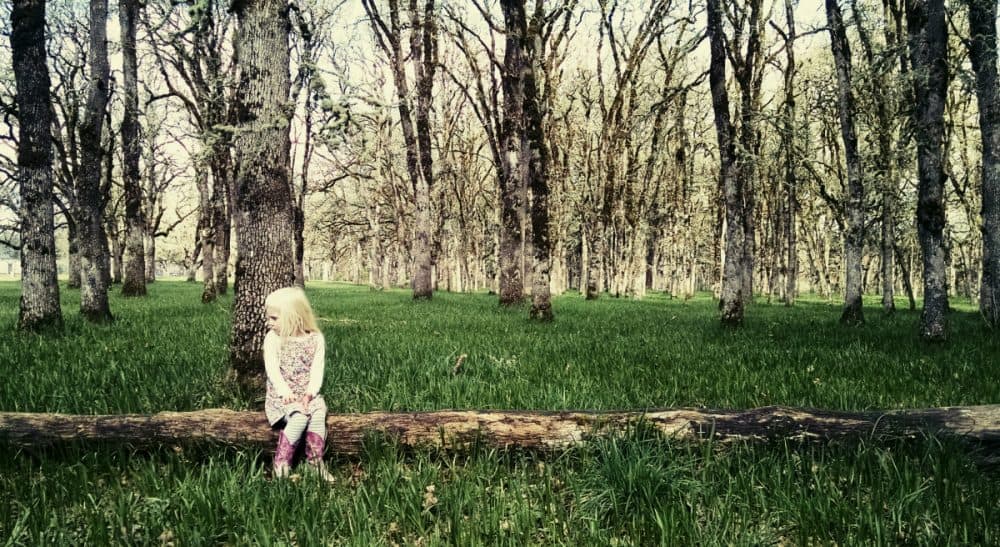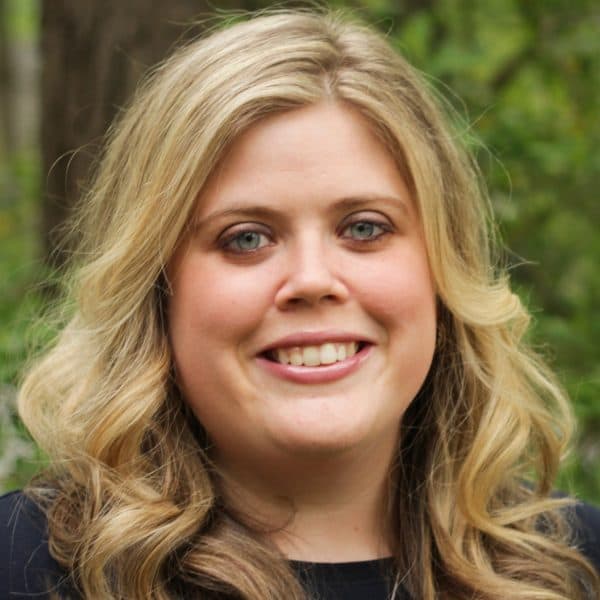Advertisement
One And Done: Yes, We 'Only' Had One Child — And That's OK

The first time it happened, I was standing in line at the grocery store, and I was pregnant.
“When you do you think you’ll have another?” the woman behind me asked.
I was totally unprepared for this question. It had taken us years to get to this point as expectant parents, and it was a high-risk pregnancy. I’d already been hospitalized a few times, and would end up on bed rest just a few weeks after this exchange. I was wholly focused on bringing this child into the world safely, but there was more to this than the battle-weary apprehension of a mother with serious chronic illness — I was so grateful to be where we were that I simply wasn’t willing to spend time or energy planning what might come later.
For as personal and individual as it is, it is a decision people feel very little compunction about commenting on.
As our daughter grew from a toddler into a preschooler, the same question came up more often — at weekend playgroups, birthday parties, playground trip, school gatherings and family reunions. We smile or shrug such questions off, but the truth is more complicated. Knowing my respiratory diseases are progressive, and knowing our particular constellation of variables and risks, for us the answer and the responsibility lies in giving the child we already have the best of both of us.
The chatter about family size doesn’t discriminate, however. Headlines about millenials not having babies compete with reports that family size continues to grow among highly educated women, and semantic discussions of “child-free” versus “childless” rage on. Through childbirth, adoption or other means, the decision to become parents is influenced by so many variables: religion, culture, finances, employment, health, preference, etc. For as personal and individual as it is, it is a decision people feel very little compunction about commenting on.
I’ve found most inquiries are typically well-intentioned. After all, for those who don’t struggle with infertility, health problems or other circumstances that make having a family challenging, a second child is often a natural next step. I also know there is baggage associated with these choices. For the parents of only children, this can mean countering outdated stereotypes about only children as spoiled, lonely or selfish.
“Our family is complete now,” is a phrase I’ve heard after the birth of a second, third, even fourth child. When I was a new parent, I chafed at this a bit, as if the underlying and obvious inference was that a family with fewer children was incomplete, lesser than. In time, I’ve realized those statements were never about me or my choices, and I’ve come to see that after the long journey we faced en route to having a child, it is this same sense of peace I feel about our family of three: we are complete.
At the same time, we don’t dispute the great value siblings can offer. In fact, it’s because we both have them and know the many ways they enrich our lives that we have been so deliberate in making choices to cultivate community for our daughter. We settled in a small town further outside the city than we’d ever imagined but with a close-knit, civic-minded pride. We picked a neighborhood where within days of moving in, we had invitations to dinner, welcome gifts and no shortage of swing sets for our daughter to explore and friends to make. Over the years, it has become a village within our larger community, where the front doors and back gates are open, and the parents are surrogate mothers and fathers when we need them to be. We make sure our daughter has strong relationships and frequent contact with her first cousins, knowing the shared history they have is important for all of them.
Without a doubt, we get the most questions from our daughter herself, whose campaign for siblings is ongoing and multifaceted...
We want her to feel like she is part of a pack, not just so she recognizes there is a support system for her beyond her parents and grandparents, but so she will learn the value of being connected to others, and the importance of being accountable to others and their needs.
Without a doubt, we get the most questions from our daughter herself, whose campaign for siblings is ongoing and multifaceted, from extolling her virtues as a big sister to lamenting that if she has children, they won’t have first cousins. Some days, our default responses — we are grateful for the family we have, families come in all shapes and sizes, she is part of a big extended family, etc. — come up shorter than others. Other days, when she tells me about friends she loves like family, asks if we can go on an adventure just the two of us, or when I see her shrieking with laughter with her cousins or playmates, it is easier.
Though a lot has changed in the five years since I was first asked when I would be having another child, this much remains as true as ever. Instead of focusing on what she might lose out on, I’d rather be grateful for the tremendous opportunity it is to be someone’s parent and recognize what she does have, what we all have.
